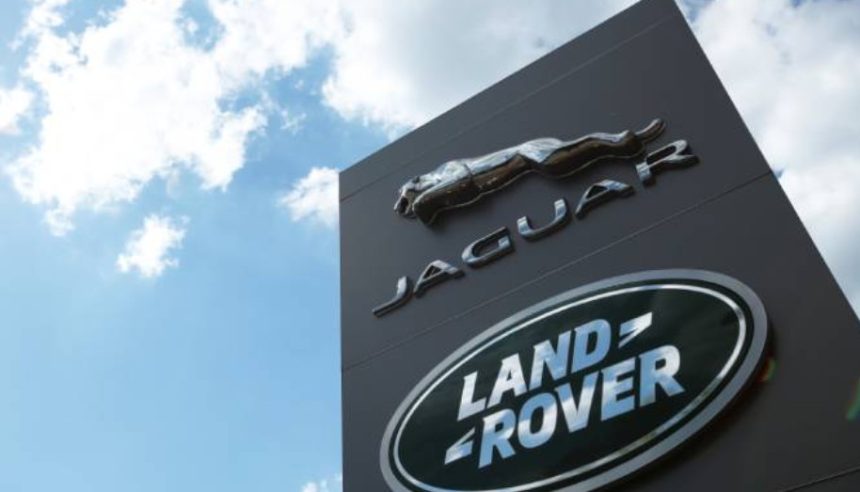Jaguar Land Rover battles to bounce back after crippling cyber attack, factories remain shut, suppliers wait on payments
Jaguar Land Rover (JLR) has confirmed that portions of its digital infrastructure are now operational again, following a serious cyber attack that brought production to a halt and left suppliers unpaid for weeks.
The British automotive giant, owned by Tata Motors, is implementing a “phased restart” of its operations, slowly recovering from the August breach that forced its IT networks offline and halted car manufacturing at all UK sites.
“As part of the controlled, phased restart of our operations, today we have informed colleagues, suppliers and retail partners that sections of our digital estate are now up and running. The foundational work of our recovery programme is firmly underway,” said JLR.
Slow Return to Normal
Although some systems are now live, including the financial platforms that handle wholesale transactions and vehicle registrations, full production remains paused. JLR has not confirmed when factory lines will resume, with closures likely to persist until at least next month.
The company operates major facilities in Solihull and Wolverhampton in the West Midlands, and Halewood in Merseyside, each producing roughly 1,000 cars daily. Workers were sent home on 1st September and remain in limbo.
JLR is clawing its way back after a devastating cyber attack, but with production still frozen and suppliers unpaid, the pressure is far from over.
Supply Chain Still Struggling
JLR has acknowledged that a backlog of supplier payments is being addressed, stating that invoice processing capacity has been increased.
Yet, the knock-on effect across the supply chain has been severe. Smaller suppliers, in particular, are under threat of collapse.
The government is considering stepping in to assist these struggling businesses, though no formal support package has been confirmed.
There have even been calls for a Covid-style furlough scheme for affected workers, but insiders suggest such measures are unlikely due to financial constraints and logistical complexity.
As the crisis unfolds, the UK government is actively weighing a support strategy for Jaguar Land Rover’s supplier network, aiming to prevent widespread disruption across the automotive sector. UK govt mulls rescue plan for JLR suppliers amid cyberattack chaos.
“Our focus remains on supporting our customers, suppliers, colleagues and our retailers. We fully recognise this is a difficult time for all connected with JLR and we thank everyone for their continued support and patience,” the company said.
Investigation and Security Efforts Ongoing
The cyber breach has prompted collaboration with law enforcement, the National Cyber Security Centre (NCSC), and independent cybersecurity experts.
Details about the origin or nature of the attack have not been publicly disclosed, though recovery efforts suggest it was severe and deeply disruptive.
The parts distribution network, critical to keeping dealerships running both in the UK and internationally, is reportedly returning to full operational status, giving some hope to retailers and customers alike.
Impact in Numbers
- 30,000 workers are directly employed by JLR in its UK plants
- 100,000 additional jobs are supported via its supply chain
- Over 1,000 cars typically roll off production lines daily
- Factories have been shut since 1 September
Government Response
Chancellor Rachel Reeves has confirmed active engagement with both JLR and its network of suppliers. During a recent visit, she stated:
“We are working very closely with Jaguar Land Rover, but not just with the company, but also with the wider supply chain.
The focus is both getting the business back up and running as quickly as possible, but also making sure, as a government, we are doing everything we can to stand by the company and the wider supply chain.”

The road to full recovery appears long and complex. With no clear restart date and uncertainty over financial aid, suppliers remain anxious. For now, JLR’s priority is stabilising operations, restoring trust, and getting vehicles and people back on the move.
The longer the delay, the more pressure mounts not just on the company, but on the entire ecosystem that depends on it.






